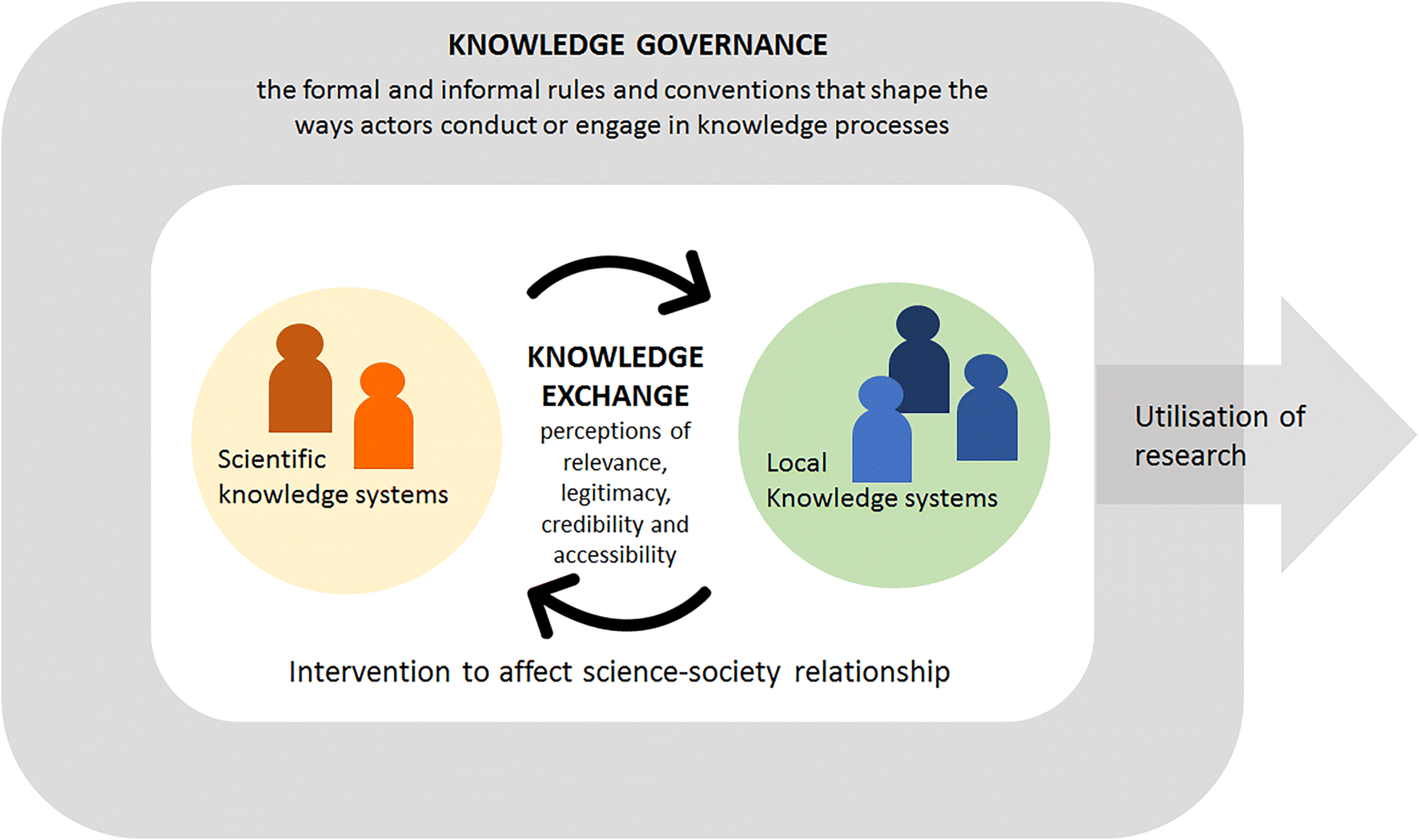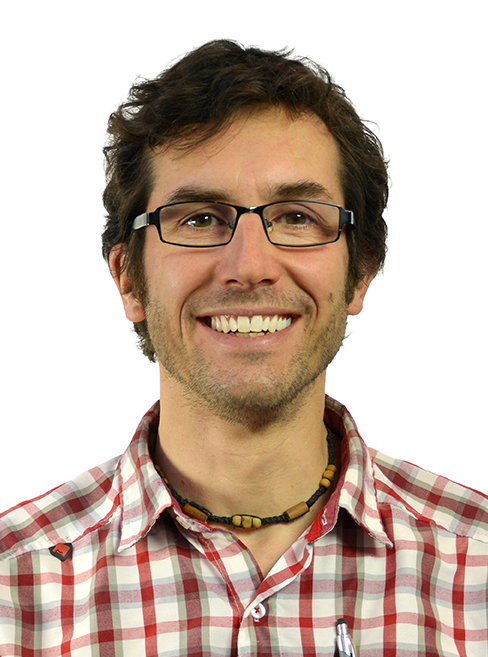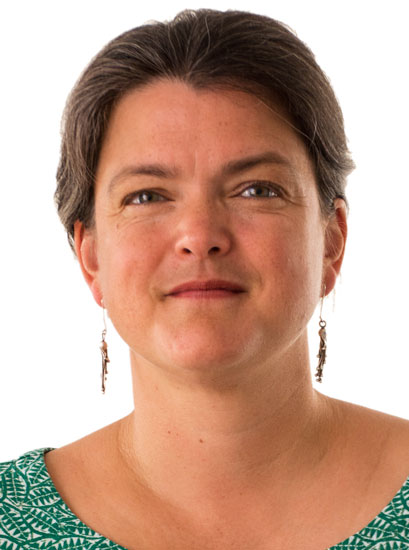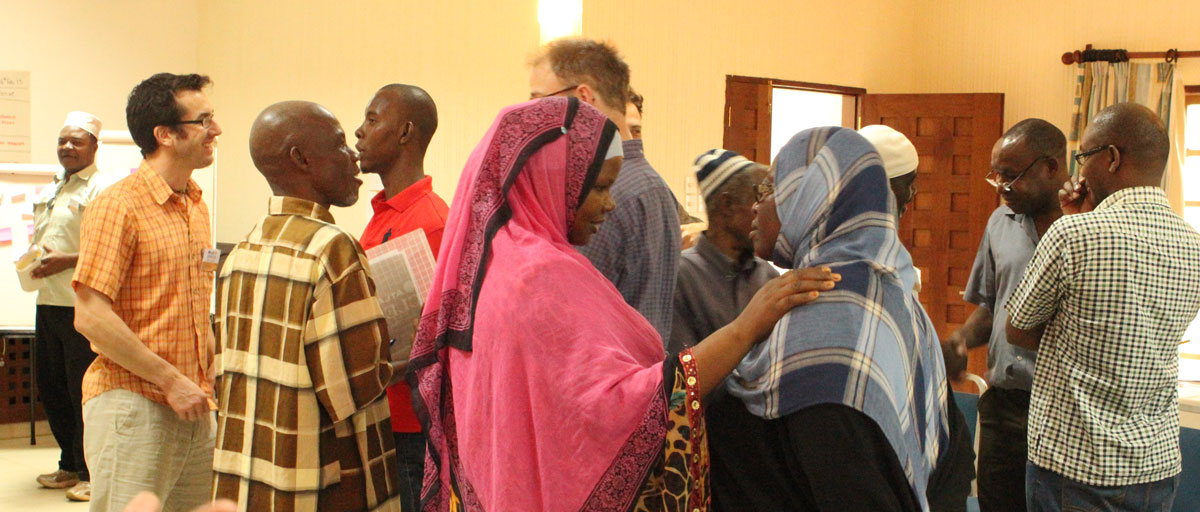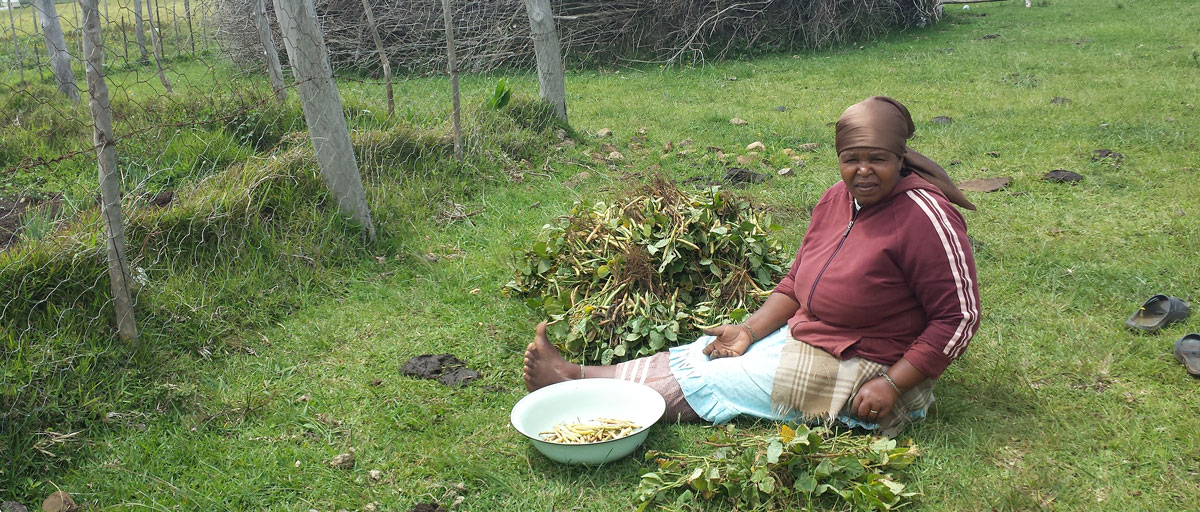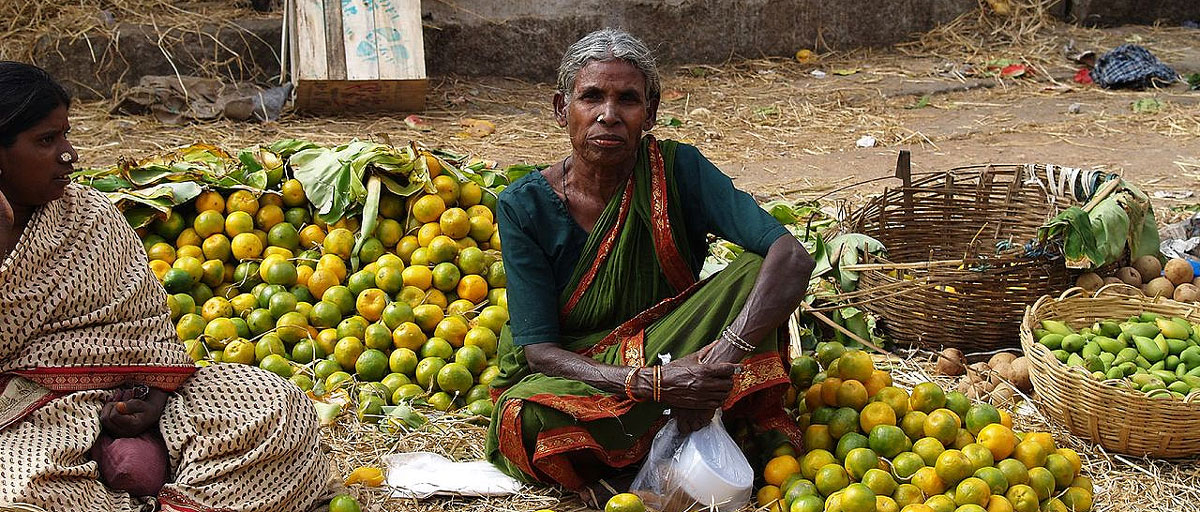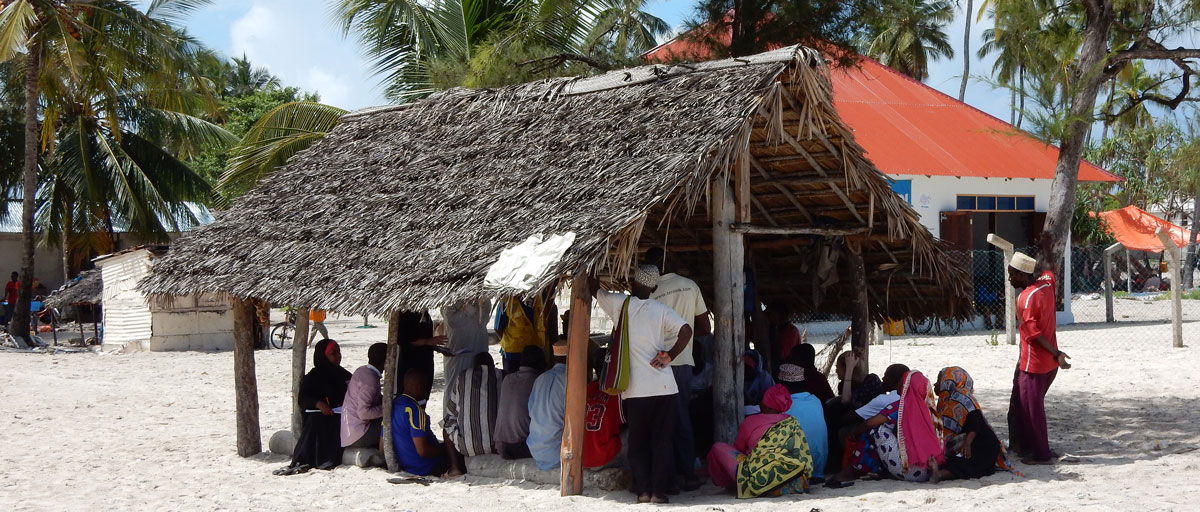
It it is valuable to exchange knowledge between both scientific research and local perspectives in order to generate meaningful solutions. This is the main theme of a recent study published in Sustainability Science. Photo: V. Hakkarainen
Bildtext får vara max två rader text. Hela texten ska högerjusteras om den bara ska innehålla fotobyline! Photo: B. Christensen/Azote
KNOWLEDGE EXCHANGE
On the other end of research
Sharing knowledge between local communities and researchers strengthens ties between science and society. And encourages well-being and sustainability
- Action-based research is an important aspect of sustainability science that aims to merge science and decision making
- This is explored in two cases of knowledge exchange where foreign researchers and local fishing communities in Zanzibar engage in shared dialogues and workshops
- This form of knowledge sharing is complex and unpredictable because it depends on the way knowledge is understood. But this offers an effective approach for strengthening interactions between scientific research and local communities
Knowledge is like good food, it is meant to be shared. Without this sharing and understanding, knowledge remains just information. When applying this idea to sustainability challenges, it is valuable to exchange knowledge between both scientific research and local perspectives in order to generate meaningful solutions.
This is a main theme of a recent study on knowledge exchange and its role in addressing sustainability challenges. The article, published in Sustainability Science is led by former centre Master’s student Viola Hakkarainen who now works for the Natural Resources Institute Finland and the University of Helsinki. The paper is written in collaboration with centre researchers Tim Daw and Maria Tengö.
They suggest the importance of knowledge exchange between a range of actors such as scientists, decision-makers, and local communities. The researchers study this process of knowledge exchange among fishery communities of the Unguja Island in Zanzibar. On this island off the coast of Tanzania, fishing is not only an essential source of food and income but also a way of life.
It is an example of a place where local fishing communities and their management are cut-off from the latest research, yet they have their own practices and knowledge systems. In this way, the researchers could study meaning and perceptions of scientific knowledge from the perspective of local community members for influencing change.
We aim to contribute to sustainability science practice that makes scientific knowledge usable for broader sets of users, and creates conditions for shared learning among different actors, including researchers.
Viola Hakkarainen, lead author
Flows of benefits
Hakkarainen and her colleagues highlight flows of benefits such as material assets, prestige and knowledge that arise from the interactions between researchers, locals, and managers. This involves a cycle of exchange between science and society--two systems working together within knowledge governance.
For instance, the researchers add that a mutual understanding between groups is the foundation of knowledge exchange and allows for this flow of knowledge as a benefit to take place. These interactions are tied to power relations because of the influence each group has on shaping the perspective of the other.
But these relations are not always so clear. An important point to note is that the role of researchers tends to fluctuate depending on the circumstance. For instance, community discussions provide the space for a learning opportunity but also create the chance to foster a sense of connection between the researchers and locals and within locals. The authors suggest that this can “make people feel acknowledged, hinting towards empowerment.”
They also held a science outreach workshop, a method where researchers were viewed as facilitators between fishers and traders. In this way, they were considered agents to “mediate different views between fishers and managers” during the workshop.
These points show how researchers play an important role as intermediaries linking local knowledge, science, and practice.
Navigating complex relations
The researchers highlight three key takeaways from the study:
Prior experiences and interactions between researchers and locals influence knowledge exchange.
Understanding how knowledge exchange can lead to knowledge as a tool is an unpredictable process.
Exchanging knowledge involves exchanges of assets beyond knowledge and offers benefits such as making local communities feel acknowledged and creating deeper understanding that connects locals, managers, and researchers.
However, the authors point out the challenge of integrating a diverse range of perspectives. This can make it difficult to directly apply the knowledge that is shared among different groups.
But this knowledge is still significant, and the authors argue that it can expand perspectives to greater levels of understanding. They argue that this can be “equally or even more valuable than directly usable knowledge.”
Methodology
The researchers studied fisher communities in Zanzibar to understand how knowledge exchange is perceived within local communities on Unguja island. The focus was on interactions between local communities and the researchers.
Semi-structured interviews and participant observation were conducted in order to obtain information from locals and groups involved in management. Two types of workshops also took place. The first was an interactive workshop approach, which created the opportunity for discussion between the researchers and locals. The second method was a science outreach workshop, where the researchers explained how fishers perceive management and how they would communicate this to managers.
Hakkarainen, V., Daw, T.M., Tengö, M. 2019. On the other end of research: exploring community-level knowledge exchanges in small-scale fisheries in Zanzibar. Sustain Sci (2019). https://doi.org/10.1007/s11625-019-00750-4
